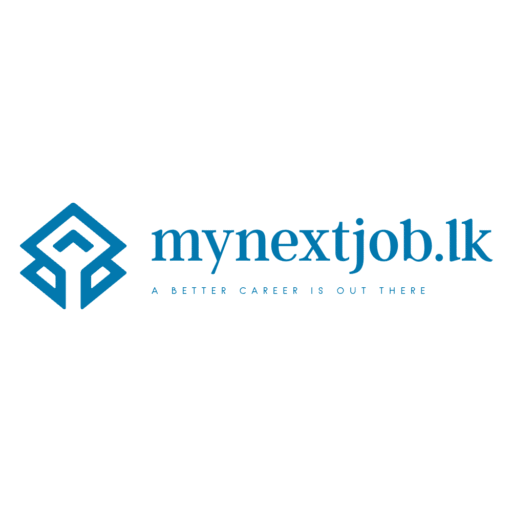The convergence of technology and medicine has created the high-growth field of HealthTech. This sector in Sri Lanka is rapidly expanding beyond traditional hospital walls, transforming into a digital ecosystem that requires a new kind of specialized professional.
Driven by the success of mobile-based platforms and the need for efficiency, a career in HealthTech is a stable, high-impact choice. This guide highlights the key players, essential skills, and the most in-demand roles in this vital sector.
1. The Digital Foundation: e-Channelling and E-Pharmacy
Sri Lanka’s HealthTech ecosystem is defined by solutions that enhance patient access and streamline operations. These platforms are the primary job creators:
- Doc990 (Digital Health Private Limited – DHPL): As a pioneering platform backed by Dialog Axiata and major hospital groups (Asiri, Nawaloka), Doc990 is the central force in doctor channeling, telemedicine, and E-Pharmacy delivery. Its growth creates demand for developers, data analysts, and support roles.
- eChannelling and Telemedicine: The National Digital Health Blueprint recognizes telemedicine as a key component of future healthcare delivery. Telemedicine minimizes transport costs for patients and maximizes a doctor’s efficiency, creating specific roles in technical support and program management.
- E-Pharmacy and Logistics: Partnerships (like Doc990’s with HealthNetBuy) that enable “Medicine to Your Doorstep” require professionals skilled in supply chain logistics, inventory management, and digital order fulfillment.
2. High-Value Roles: The Future of Health Informatics
The most lucrative roles bridge the gap between clinical knowledge and data security. These positions often require advanced training but lead to leadership roles quickly.
- Health Informatics Specialist: This is a highly specialized role. They design, implement, and manage complex systems like **Electronic Health Records (EHR) and Hospital Information Systems (HIS)**. This role requires knowledge of both medicine and IT.
- Telemedicine Program Manager: Oversees the deployment and management of virtual consultation platforms, ensuring regulatory compliance and seamless integration between patients and remote doctors.
- Clinical Data Analyst: Analyzes vast amounts of patient data to identify trends, monitor outcomes, and support evidence-based decision-making. Essential skills include **SQL, data visualization, and statistical methods.**
- UX/UI Specialist: Designs intuitive, user-friendly mobile health apps and websites (like the Doc990 app), ensuring high patient acceptance and ease of use.
3. Required Skills and Certifications
To succeed in HealthTech, you need to combine your clinical or IT degree with specialized certifications that demonstrate competence in data privacy and system management.
- Data Privacy and Security: Knowledge of health data regulations and cybersecurity protocols is non-negotiable. Certifications like **HIPAA (Health Insurance Portability and Accountability Act)** compliance (though US-based, the principles are global) or local **data protection certification** are valuable.
- Technical Proficiency: Strong skills in **programming (Python/R for data), database management, and software integration (APIs)** are necessary for systems implementation.
- Domain Knowledge: A background in **Health Information Management** or a postgraduate certificate in Health Informatics provides the necessary industry language and context to manage complex medical projects.
The digitalization push, supported by the Ministry of Health’s Telemedicine Guidelines and the National Digital Health Blueprint, guarantees sustained growth. By acquiring skills in data analytics and health systems management, you position yourself at the forefront of HealthTech innovation.





